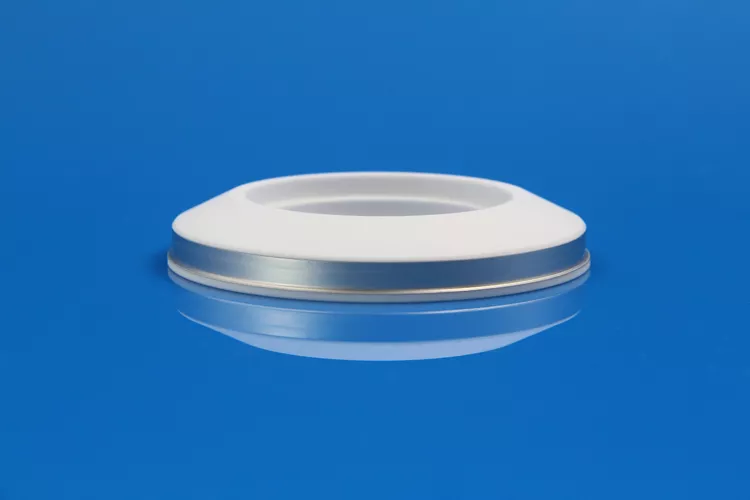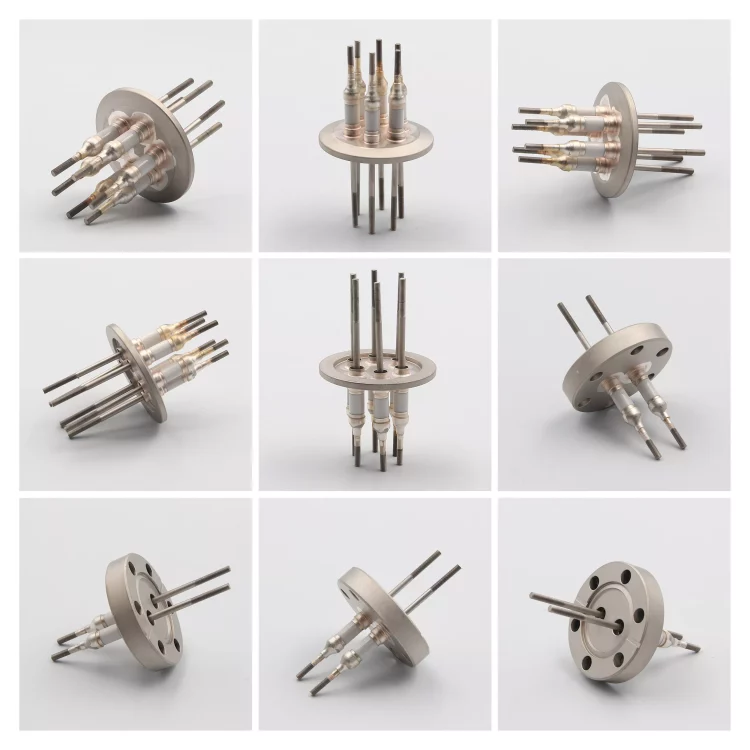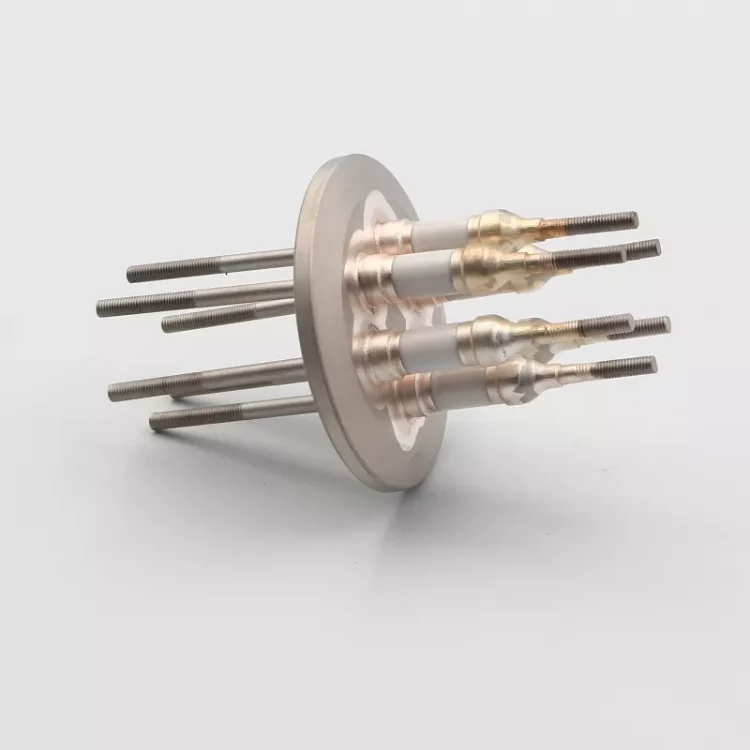A vacuum electrode typically refers to an electrode used in vacuum tubes or electron tubes. These are electronic devices that manipulate electrical signals by controlling the flow of electrons in a vacuum. Vacuum electrodes play a crucial role in the operation of vacuum tubes.
In a vacuum tube, electrons are emitted from a heated cathode and accelerated towards an anode, creating an electron flow or current. The vacuum within the tube prevents electron collisions with gas molecules, allowing for efficient electron transport.
Vacuum tubes were widely used in early electronic devices such as radios, televisions, and amplifiers before the advent of solid-state electronics. While they have largely been replaced by transistors and integrated circuits in most applications, vacuum tubes still find use in specialized applications such as high-power amplifiers, radio frequency applications, and some audiophile-grade audio equipment where their unique characteristics are valued.
2024-06-03
Discover how advanced metallized ceramic cylinders optimize performance in vacuum interrupters and capacitors, ensuring reliability and efficiency in critical electrical systems
2023-12-01
In the last NEWS, we briefly introduced the vacuum electrode. In order to further understand the vacuum electrode, so let's learn the design requirements of the vacuum electrode.
2023-11-24
A simple introduction to the vacuum electrode, just only including two parts: vacuum electrode introduction and vacuum electrode structure situation.


